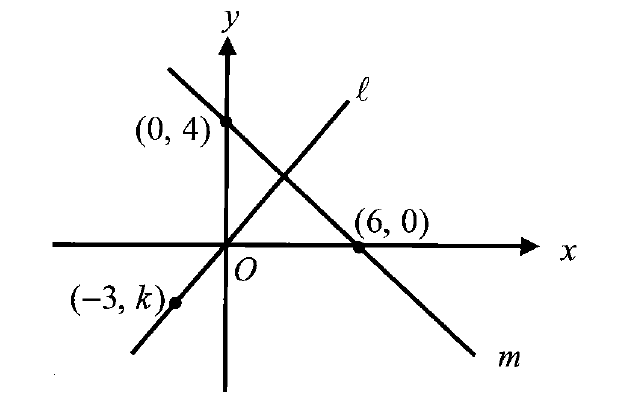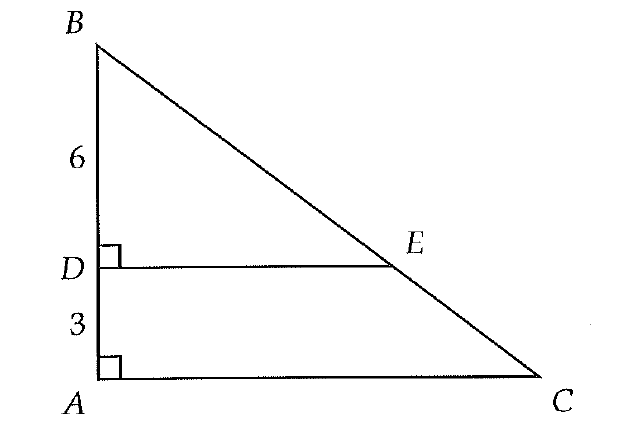1 IS NEITHER PRIME NOR COMPOSITE NUMBER
Definition of a Prime Number :
If a number has only two factors such that 1 and the number itself is called a prime number.
Examples :
2, 3, 5
Factors of 2 = {1, 2}
Factors of 3 = {1, 3}
Factors of 5 = {1, 5}
Definition of a Composite Number :
If a number has at least three factors such that 1, the number itself and another number is called a composite number.
Examples :
9, 10, 12
Factors of 9 = {1, 3, 9}
Factors of 10 = {1, 2, 5, 10}
Factors of 12 = {1, 2, 3, 4, 6, 12}
If you consider the number "1", it does not satify the definitions of both prime numbers and composite numbers.
If you consider "1" as a prime number, it must have two factors. But, "1" does not have two factors and it has only one factor, that is "1" itself. So, "1" is not a prime.
If you consider "1" as a composite number, it must have at least three factors. But, "1" does not have. So, "1" is not a composite number.
Therefore, "1" is neither prime nor composite.
All the numbers are either prime or composite in nature. Since "1" is the only number which is neither prime nor composite, it is considered as a special number.
Kindly mail your feedback to v4formath@gmail.com
We always appreciate your feedback.
©All rights reserved. onlinemath4all.com
Recent Articles
-
Digital SAT Math Problems and Solutions (Part - 106)
Feb 04, 25 08:16 AM
Digital SAT Math Problems and Solutions (Part - 106) -
SAT Math Resources (Videos, Concepts, Worksheets and More)
Feb 04, 25 08:15 AM
SAT Math Resources (Videos, Concepts, Worksheets and More) -
Digital SAT Math Problems and Solutions (Part - 107)
Feb 04, 25 08:11 AM
Digital SAT Math Problems and Solutions (Part - 107)

